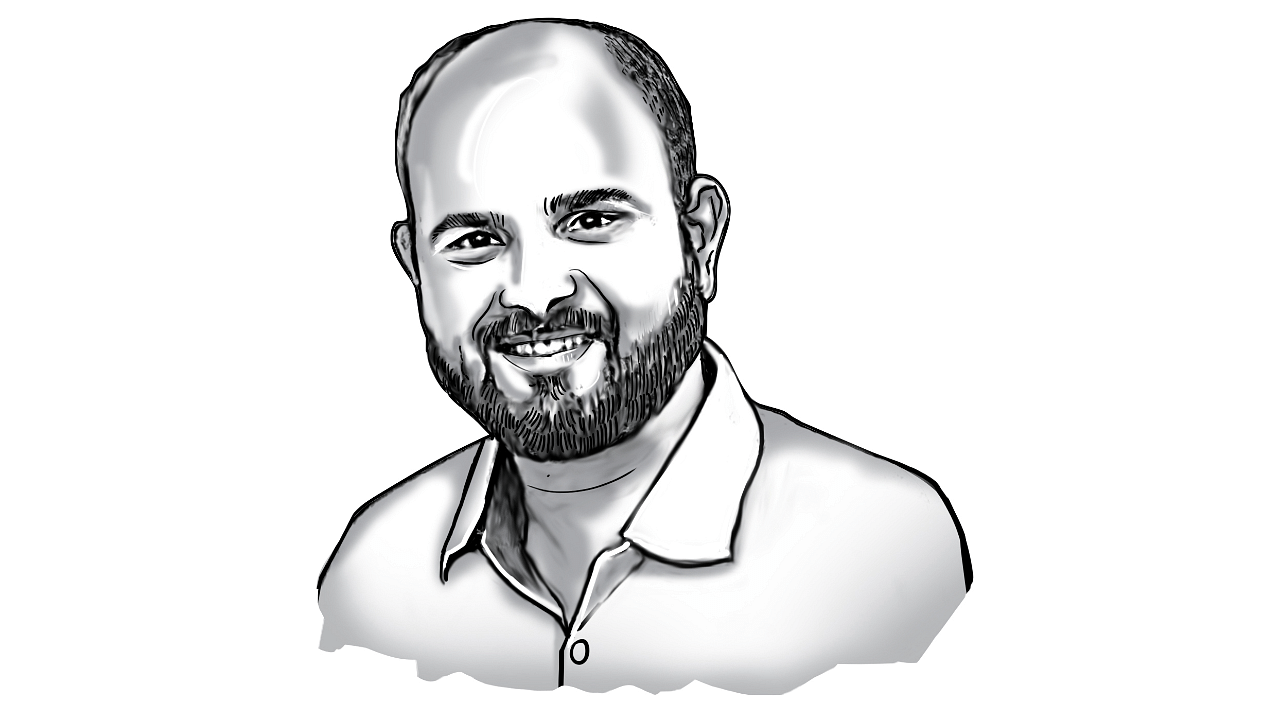
Rahul Jayaram is a teacher and writer who believes we are living through the apocalypse. @rajayaram
Raymond Carver was one of America’s finest short-story writers in the last century. In his compressed, heart-breaking stories, you see dropout blue-collar white people struggle to make ends meet, while fighting to hold on to their collapsing families, dreams of financial solvency, or even their identities. Waitresses, lawnmower men, salesmen, lumberjacks, on-parole ex-convicts, and overworked young couples populated his world. His stories mirrored his life and gave Americans an unflattering picture of the ‘land of opportunity’. At a time of the ‘boom years’ of the American economy, he wrote of common Americans slumming through life.
I was reminded of Carver and others who told the story of America through the lives of common people and their many inequities as I read about Infosys founder N R Narayana Murthy (NRN)’s comment on a 70-hour work week and the backlash it stirred. India’s professional class, economists, human resources managers, worker rights ideologues and feminists analysed the comments through the prism of their expertise. Many – if not all of them – felt that if one included the ambit of “work” to include commuting time, off-work hours, and the precarity of what constitutes “work”, there were Indians who were hitting and crossing the 70-hour work week mark already. The bile NRN’s comment got was of a working class articulating some of the anguish that Carver’s or John Steinback’s characters felt in America. Several Indian storytellers have captured the timeline of the regular Indian employee or worker (that is if such an all-encompassing category exists) in a bewilderingly disparate country.
NRN spoke about the corporate sector, and areas like innovation, technology and manufacturing, and what India needs to do to grow exponentially in the future. Sure, one gave him an ear since he is NRN, and has done what he has through great effort, will power, smarts and the opportunities that people of his background got. But the truth is, people work hard, are very smart, and still can’t achieve a fraction of what the likes of NRN have. There is a thing called kismet, and of course, there are the less articulated advantages that paragons such as NRN accrued due to their social location. Not everyone gets those. The question is, how sure are we that the 70-hour work week will 100% ensure enormous economic and individual growth? Also, the worldview NRN appears to come from says, “If I could do it, so can you.” But that is only partially true. What about real externalities outside of one’s individual control?
At another level, it’s common sense that work works differently across spheres of the economy. Seventy hours of weekly effort cannot mean the same thing across the economic board. NRN spoke of India’s low productivity. Well then, what about income inequality in the same sector? To summarise, corporate sector voices miffed with NRN were saying: “I worked so hard all these decades and still I didn’t make half as much as somebody younger than me, who worked less.” How do we square this with NRN’s point? Effort doesn’t always result into stated outcome. Is that effort then wasted? What does it mean to work smart?
NRN’s thoughts reflect a worldview, which to my biased mind, examines national progress and individual success in a linear, straightforward fashion. “Work hard and the results will show.” It’s a kind of B-school spiel which has annoyed even the B-school grads. The reaction shows that the urban employee class is frustrated, and is ready to go vocal about it. Another thing one can thank NRN for: He set off a discussion over what work is, and one mustn’t lose the chance to frame it meaningfully. Comments invited.